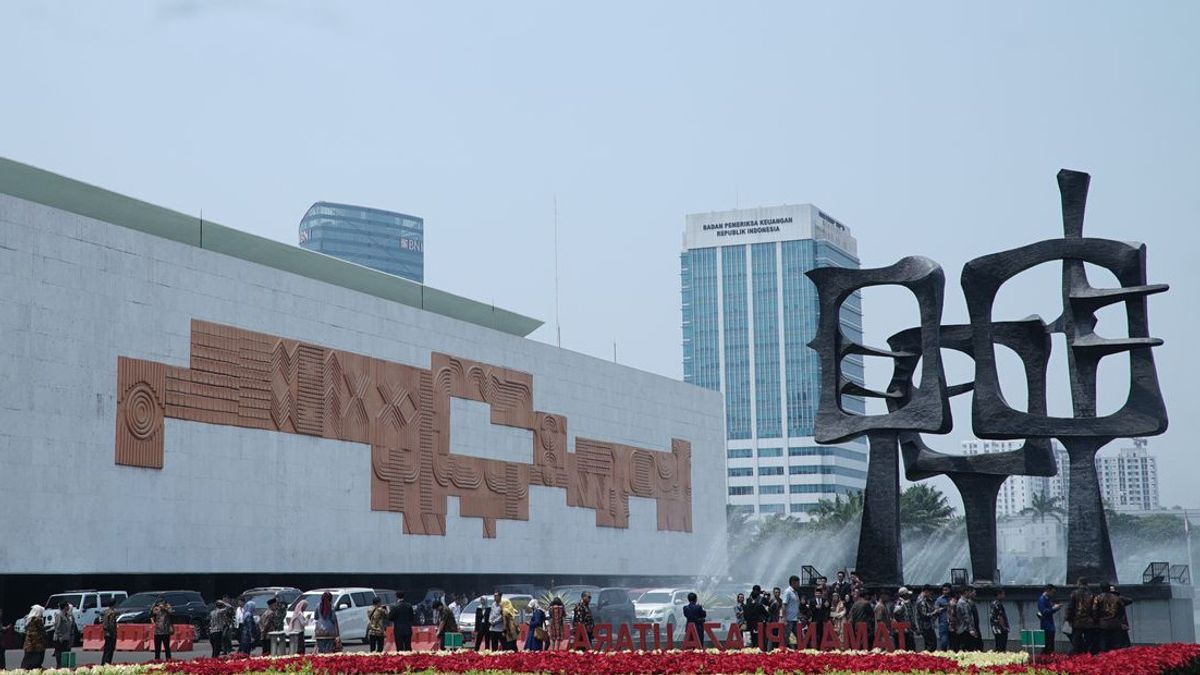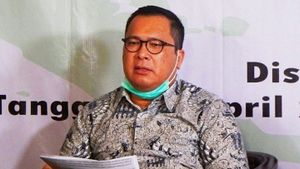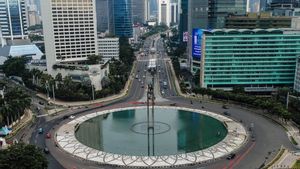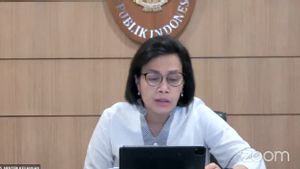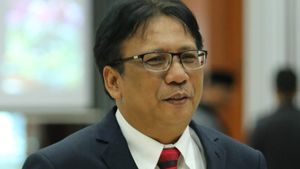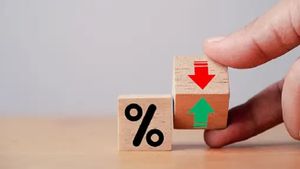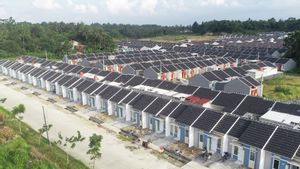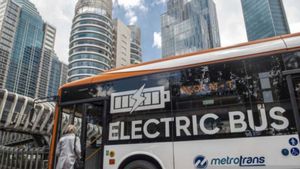JAKARTA - Indonesia's economic recovery is considered to continue to improve. After previously experiencing a long contraction, Indonesia has now managed to get out of the recession with economic growth of 7.07 percent in the second quarter of 2021. The government was also asked to maintain this growth momentum considering that there were several challenges in the last two quarters of this year.
Chairman of the House Budget Agency, Said Abdullah said economic growth in the second quarter of 2021 of 7.07 percent year on year (yoy), or 3.31 percent quarter to quarter (qtq) is something to be grateful for. This achievement, Said said, brought a new spirit to continue to boost economic recovery.
"We should be grateful for this achievement and give us the enthusiasm to recover our economy which was hit by the COVID-19 pandemic", he said, in Jakarta, Thursday, August 5.
Referring to data from the Central Statistics Agency (BPS), Said said, many sectors grew as a result of government policies during the first quarter of 2021. For example, the tax discount policy (PPnBM) so that trade in cars, motorcycles, and their repairs grew by 37.88 percent. (yoy).
"We should also be grateful that the primary sectors such as fisheries and livestock grew quite large. Fisheries grew 9.69 percent (yoy) and livestock grew 7.07 percent (yoy). The processing industry which contributed 19.29 percent of GDP also grew significantly. The manufacturing industry grew 6.58 percent (yoy)", he said.
Said said, the 2021 state budget (APBN) design which continued the countercyclical policy also had a good impact on the construction sector. This sector grew substantially as a result of the realization of government spending on construction which rose by 50.22 percent in 2021.
From the expenditure side, according to Said, it is also something to be grateful for. Especially at the level of household consumption which contributes 57 percent of GDP out. Household consumption grew 5.93 percent, compared to minus 2.22 percent in the previous quarter. In fact, this household consumption achievement exceeds the achievement throughout 2019 and 2020.
"Although in many sectors we have experienced encouraging achievements, we still have a lot of work to do in the next two quarters of 2021. Several challenges, first, I estimate that the impact of the Emergency Community Activity Restrictions (PPKM) policy and leveled PPKM will result in a slowdown in our economy in the third quarter of 2021", he said.
Furthermore, Said predicts that in the third quarter of 2021 the national economy will again slow down with a contraction rate of 1.7 to 2 percent. Said said that so that the level of economic contraction in the third quarter of 2021 is not too deep, the government must be disciplined in achieving the COVID-19 reduction target with this PPKM policy.
"I hope that the effectiveness of the PPKM policy is increased so that PPKM is not prolonged, and positive cases of COVID-19 show a significant decline. With the success of controlling COVID-19, and PPKM not being extended, I estimate that in the fourth quarter of 2021, economic growth can return to the zone positive in the range of 4.7 to 5.2 percent", he said.
Said said that along with the increasing number of positive cases of COVID-19 in villages, coupled with BPS data which showed the agricultural sector, especially food crops, contracted by 8.16 percent. Therefore, this situation must be anticipated by the government so that it does not have a serious impact on national food security.
SEE ALSO:
"If positive cases of COVID-19 in villages increase amid contracted food crop growth, it will have a double impact. First, access to health services in villages is not as much as in cities, which results in a higher fatality rate due to COVID. Second, disruption of the national food supply. Both must be anticipated by the government", he said.
Said said, as a result of the impact of PPKM, the government must make social assistance programs more effective, especially for poor families. This is a rare measure to anticipate the possibility of another contraction in household consumption levels.
Meanwhile, for the upper-middle-class households, according to Said, the government needs to push for tax incentive policies that will allow them to spend even more so that household consumption levels are well maintained in the positive zone in the next quarter.
According to Said, in line with the increasing pace of exports and imports, where in the second quarter of 2021 exports grew 31.78 percent yoy and imports grew 31.22 percent yoy, the government needs to anticipate that various import-export activities will not be disrupted.
For example, there is no longer a shortage of containers, the Customs Excise Information System and Automation (CEISA) service at the Directorate General of Customs and Excise is no longer problematic, including eradicating various extortion activities.
"The government also needs to anticipate the tapering off (monetary tightening) policy which is planned to be carried out by the Fed in October 2021, if the United States (US) economy shows improvement", he said.
According to Said, the US economic recovery will also encourage the possibility of capital outflows on the national financial market, which in consequence will depress the rupiah. "But the chance is that our export potential will increase because the US is our traditional export market. Our total exports to the US in 2021 will be 12 percent of total exports", he said.
The English, Chinese, Japanese, Arabic, and French versions are automatically generated by the AI. So there may still be inaccuracies in translating, please always see Indonesian as our main language. (system supported by DigitalSiber.id)
